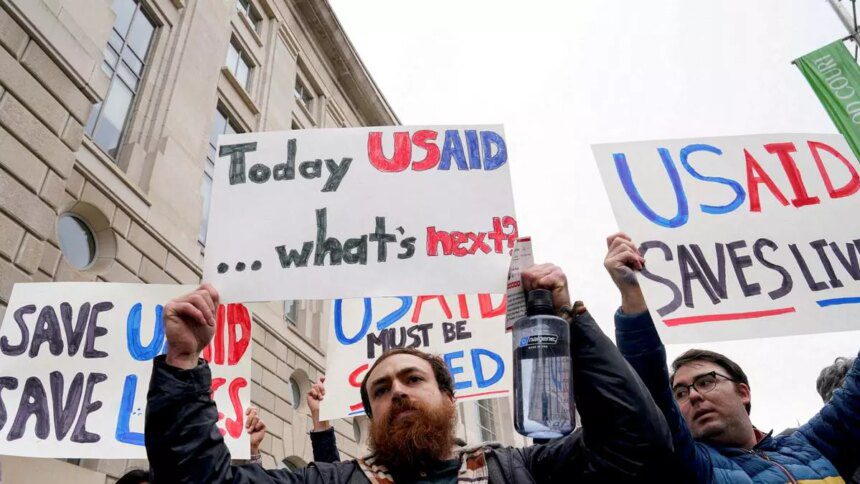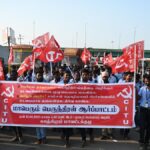The decision by the US administration to halt funding to USAID is not just about resource allocation, but also signifies a loss of leadership in the field of health. This has significant implications for global public health, especially in the fight against AIDS and support for biomedical research.
Back in 1995, the AIDS death rate in the US was alarmingly high at 16.2 per 100,000 people. By 1999, the global AIDS-related death toll had reached 18.8 million, leaving over 13 million children orphaned. The US played a crucial role in addressing the AIDS epidemic in low- and middle-income countries, with support from HIV activists and treatment advocates. Research funded by the National Institutes of Health has been instrumental in advancing our understanding of HIV and developing treatments to manage the condition effectively.
US leadership, in collaboration with India’s manufacturing capabilities, helped make HIV treatment more accessible to millions worldwide. Activists successfully challenged patent restrictions, allowing for generic competition from India and significantly reducing the cost of treatment from $10,000 to less than $100 per person per year. Initiatives like the Global Fund to Fight AIDS, Tuberculosis, and Malaria and the US President’s Emergency Plan for AIDS Relief (PEPFAR) further facilitated the distribution of generic antiretroviral therapy to those in need.
USAID has played a critical role in supporting community organizations that provide essential services to high-risk populations, including testing, counseling, and referrals for treatment. In India, USAID’s assistance has been crucial in addressing the needs of children affected by HIV/AIDS and in integrating treatment regimens for individuals co-infected with TB and HIV.
Unfortunately, the freeze on foreign aid for major health programs by the current US administration is undoing the progress made in strengthening health systems in countries like India. The HIV community is deeply concerned about the implications of this decision.
Efforts to end AIDS by 2030 are at risk due to the lack of funding. New HIV drugs like lenacapavir have the potential to significantly reduce new infections, but the freeze on funding jeopardizes access to these essential tools. Advocates are working to challenge this decision in court in the hopes of securing a reversal and safeguarding the gains made in the fight against HIV/AIDS.
In conclusion, the decision to defund USAID not only undermines global health efforts but also puts the lives of countless individuals at risk. It is imperative that funding for essential health programs is restored to prevent any further setbacks in the fight against HIV/AIDS.










